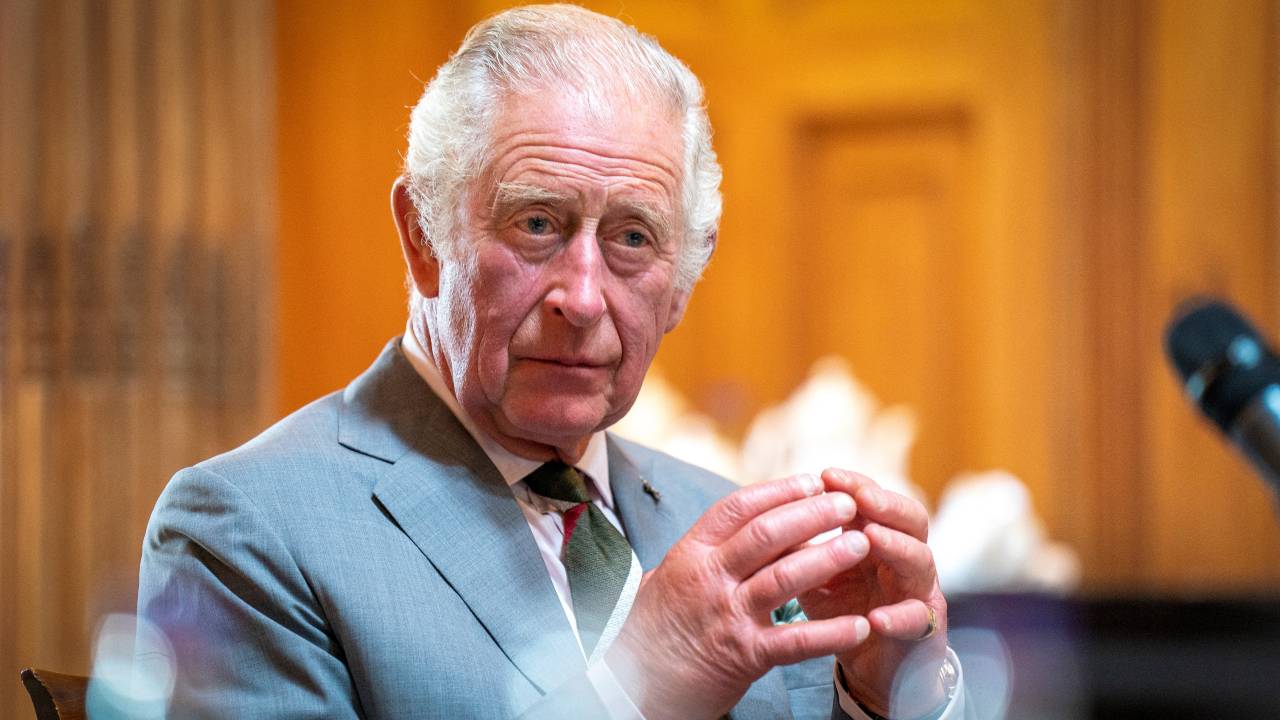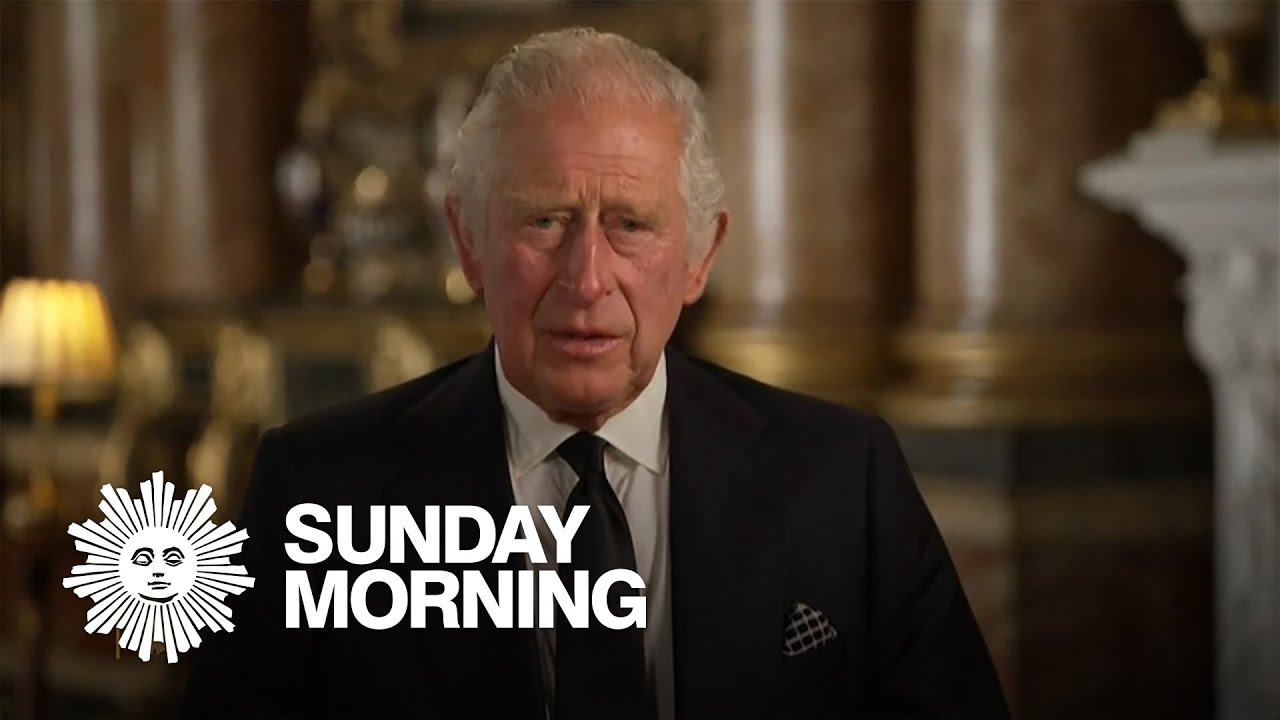King Charles III The New Monarch - The Start Of New Reign
In a constitutional ceremony that dates back hundreds of years, King Charles III, the new monarch was officially proclaimed sovereign of the United Kingdom of Great Britain and Northern Ireland on Saturday morning. The oldest part of Britain's government, the Accession Council, was asked to meet on Saturday at St. James's Palace in London. This palace has been the official home of the U.K.'s kings and queens for hundreds of years.
Author:Alex MercerReviewer:Nathanial BlackwoodSep 12, 202283.4K Shares1.3M Views

In a constitutional ceremony that dates back hundreds of years, King Charles III, the new monarchwas officially proclaimed sovereign of the United Kingdom of Great Britain and Northern Ireland on Saturday morning. The oldest part of Britain's government, the Accession Council, was asked to meet on Saturday at St. James's Palace in London. This palace has been the official home of the U.K.'s kings and queens for hundreds of years.
The Privy Counsellors are a small group of senior politiciansthat make up the council. They include the new Prime Minister, Liz Truss, as well as religious leaders from the Church of England, the Lord Mayor of London, and many other top civil servants from all over Britain and the 14 other "realms" or countries where the monarch is the official head of state.
King Charles III, The New Monarch Of The United Kingdom

King Charles III: Britain's new monarch
Queen Elizabeth II died Thursday after a record 70 years on the throne. When she died, her son, King Charles III, became king right away. However, it was the council's job to formally acknowledge the death of one monarch and then announce the new one on behalf of the British government. It is part of the way Britain's government works.
On Saturday, around 200 of the current Privy Counsellors were at the event in London. Many former prime ministers and other high-ranking politicians were among them. The Privy Council is the oldest part of the British government that is still in use.
It has been around for almost a thousand years. Saturday was the first time in the long history of the Accession Council that the two-part ceremony was shown live on TV.
In the first part of the ceremony, British lawmaker Penny Mordaunt, who was the Lord President of the council, told everyone that Queen Elizabeth II had died. Then, Richard Tilbrook, who was the clerk of the council, read out a proclamation of accession. Then, each member of the council signed the proclamation.
King Charles joined the group at St. James's for the second part of the council. The Privy Counsellors listened as the new king or queen read out statements about his mother's death and then took an oath to serve his country.
Charles promised to follow the "inspiring example" of his mother and said he was,
“„"Deeply aware of this great inheritance and of the duties and heavy responsibilities of sovereignty that have now passed to me. I know how deeply you and the entire nation, and I think I may say the whole world, sympathize with me in this irreparable loss we have all suffered."
The new king then gave a number of orders, including making the date of his mother's funeral, which was not yet known, a national holiday. People think it will happen on or around September 19.
As the British constitution requires, Charles also swore to be loyal to the Church of Scotland, whose official head he is. Then, he was the first person to sign two copies of this declaration. His son and heir, William, Prince of Wales, and other witnesses signed after him.
After the meetings of the Accession Council, the proclamation of King Charles as monarch was read out loud from the Proclamation Gallery, a balcony of St. James's Palace, by the Garter King of Arms and other officials dressed in traditional clothes. As the Garter King of Arms got ready to read the proclamation, the trumpets went off.
As the Garter King of Arms read the proclamation to the world, the assembled Privy Counsellors and other members of the Accession Council formally declared that they,
“„"Do now hereby with one voice and Consent of Tongue and Heart, publish and proclaim that the Prince Charles Philip Arthur George is now, by the death of our late Sovereign of happy memory, become our only lawful and rightful liege lord, Charles the III, by the Grace of God, of the United Kingdom of Great Britain and Northern Ireland and of all His other Realms and Territories, King, Head of the Commonwealth, Defender of the Faith, to whom we do acknowledge all Faith and Obedience with humble Affection, beseeching God by whom Kings and Queens do reign, to bless his majesty with long and happy Years to reign over us."

Singing of 'God Save the King' after Charles III proclaimed King
Then, there was another trumpet salute, and people in the courtyard under the Proclamation Gallery yelled, "God Save The King!" The crowd then sang the British national anthem, "God Save The King," whose words had just been changed.
Later that day, there were going to be gun salutes and public readings of the proclamation in other parts of London and in the capital cities of the UK's other home nations, such as Edinburgh, Scotland, Belfast, Northern Ireland, and Cardiff, Wales. Charles is the formal head of state for 14 countries, so he is the head of state in all of these places.
The rest of King Charles's third day on the job will be spent in formal meetings, or "audiences," with people like the Archbishop of Canterbury, the prime minister and other members of the cabinet, and then the leaders of Britain's political opposition parties.
Conclusion
He will be known as King Charles III. That was the first decision of the new king's reign as the new monarch. He could have chosen from any of his four names - Charles Philip Arthur George.
He is not the only one who faces a change of title. Prince William and his wife Catherine are now titled Duke and Duchess of Cornwall and Cambridge, and the king has conferred on them the title of Prince and Princess of Wales. There is also a new title for Charles' wife, Camilla, who becomes the Queen Consort - consort is the term used for the spouse of the monarch.

Alex Mercer
Author
Alex Mercer is a seasoned author and analyst specializing in wealth research, with a keen focus on evaluating the net worth of individuals across various industries. With over a decade of experience in financial analysis and wealth assessment, Alex has developed a nuanced understanding of the factors that contribute to an individual's financial status, from investments and assets to market trends and economic policies. His work involves in-depth reviews and analyses, providing insightful observations on wealth accumulation, management strategies, and the socio-economic implications of wealth distribution.
Throughout his career, Alex has become known for his ability to distill complex financial data into understandable and engaging narratives, making the subject of wealth and net worth accessible to a broad audience. His expertise is not just in numbers but in telling the stories behind them, highlighting the journeys, strategies, and decisions that lead to financial success or challenges. Alex's contributions to the field of wealth research are valuable resources for anyone looking to understand the dynamics of wealth in today's world, offering a unique perspective that bridges the gap between financial analysis and human interest.

Nathanial Blackwood
Reviewer
Nathanial (Nate) Blackwood is a distinguished financial journalist with a decade of experience in net worth analysis. He holds an Economics degree from the University of Finance and a Data Analysis certification, enabling him to blend thorough insights with engaging storytelling. Nate is known for making complex financial information accessible to a wide audience, earning acclaim for his precise and reader-friendly analyses. Beyond his writing, Nate is dedicated to financial literacy, actively participating in educational forums and workshops.
He is the founder of PureNetWealth, a platform that demystifies the financial achievements of public figures by exploring the strategies and decisions behind their fortunes. Nate's work bridges the gap between intricate economic concepts and the general public, inspiring a deeper understanding of wealth dynamics. Follow Nathanial Blackwood for essential insights into the financial narratives shaping our world.
Latest Articles
Popular Articles